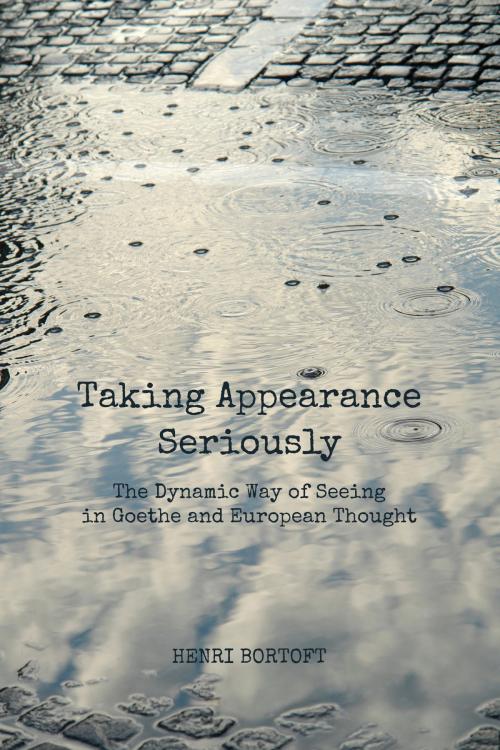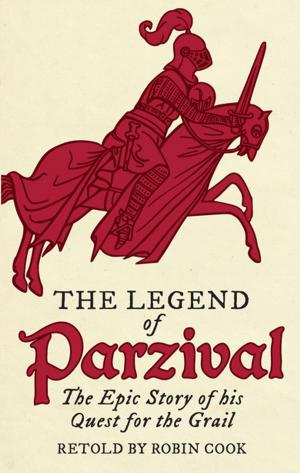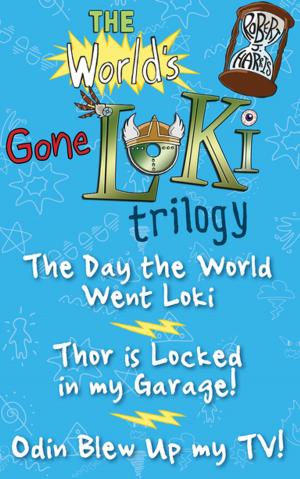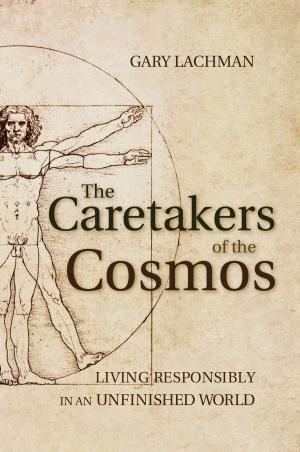Taking Appearance Seriously
The Dynamic Way of Seeing in Goethe and European Thought
Nonfiction, Religion & Spirituality, Philosophy, Mind & Body| Author: | Henri Bortoft | ISBN: | 9780863159688 |
| Publisher: | Floris Books | Publication: | October 25, 2012 |
| Imprint: | Floris Books | Language: | English |
| Author: | Henri Bortoft |
| ISBN: | 9780863159688 |
| Publisher: | Floris Books |
| Publication: | October 25, 2012 |
| Imprint: | Floris Books |
| Language: | English |
The history of western metaphysi from Plato onwards is dominated by the dualism of being and appearance. What something really is (its true being) is believed to be hidden behind the 'mere appearances' through which it manifests. Twentieth-century European thinkers radically overturned this foundation. With Martin Heidegger and Hans-Georg Gadamer came a major step towards taking appearance seriously, exploring a way of seeing that draws attention back 'upstream', from what is experienced into the act of experiencing. Understood in this way, perception is a dynamic event, a 'phenomenon', in which the observer participates. Henri Bortoft guides us through this dynamic way of seeing in various areas of experience -- in distinguishing things, the finding of meaning, and the relationship between thought and words. He also explores similarities with Goethe's reflections on the coming-into-being of the living plant. Here, in another reversal of classical thinking, we find that even in their 'diversity of appeareances', living things are not separate but in relation. Diversity is the dynamic unity of life itself. Expanding the scope of his previous book, The Wholeness of Nature, the author shows how Goethean insights combine with the dynamic way of seeing in continental philosophy to offer us an actively experienced 'life of meaning'. This book will be of interest to anyone who wants to understand the contribution and wider implications of modern European thought in the world today.
The history of western metaphysi from Plato onwards is dominated by the dualism of being and appearance. What something really is (its true being) is believed to be hidden behind the 'mere appearances' through which it manifests. Twentieth-century European thinkers radically overturned this foundation. With Martin Heidegger and Hans-Georg Gadamer came a major step towards taking appearance seriously, exploring a way of seeing that draws attention back 'upstream', from what is experienced into the act of experiencing. Understood in this way, perception is a dynamic event, a 'phenomenon', in which the observer participates. Henri Bortoft guides us through this dynamic way of seeing in various areas of experience -- in distinguishing things, the finding of meaning, and the relationship between thought and words. He also explores similarities with Goethe's reflections on the coming-into-being of the living plant. Here, in another reversal of classical thinking, we find that even in their 'diversity of appeareances', living things are not separate but in relation. Diversity is the dynamic unity of life itself. Expanding the scope of his previous book, The Wholeness of Nature, the author shows how Goethean insights combine with the dynamic way of seeing in continental philosophy to offer us an actively experienced 'life of meaning'. This book will be of interest to anyone who wants to understand the contribution and wider implications of modern European thought in the world today.















